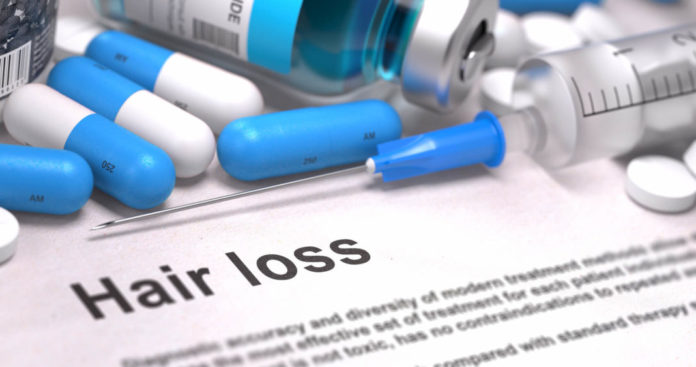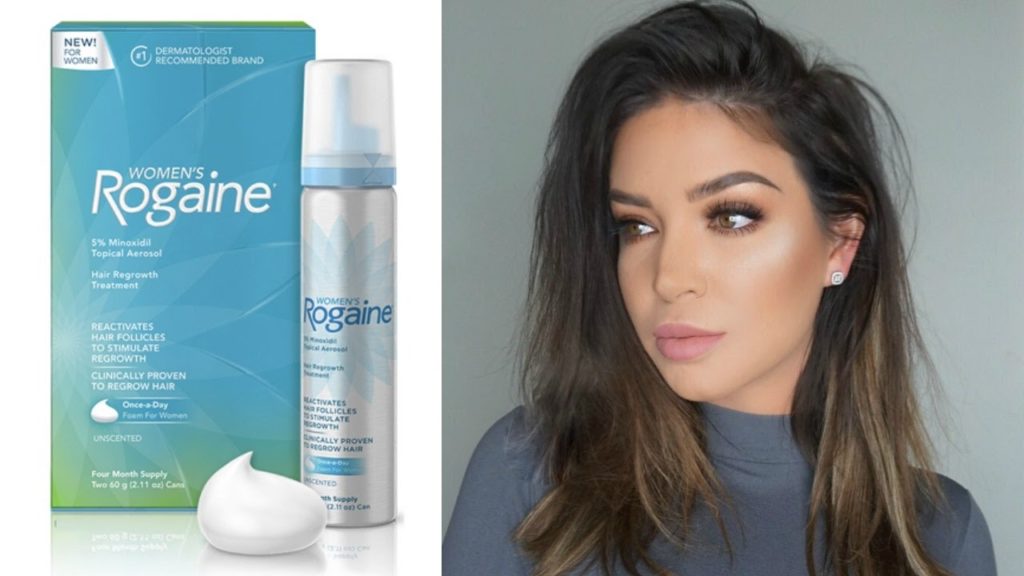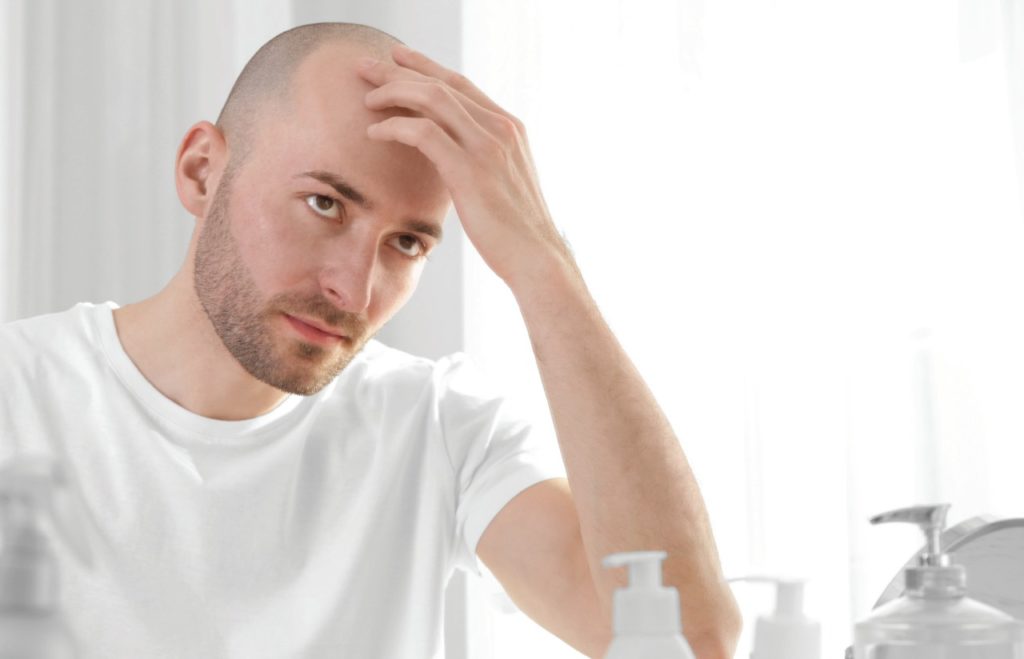
Back in the 1980s, minoxidil was a pill and it was used to bring down a patient’s blood pressure when it was too high. It was a remarkably effective drug, with one unusual little side effect; when taken internally, it grew hair all over that person’s body…
Believe it or not, this was not necessarily considered a desirable situation for the drug company that manufactured it at the time. Hair growth in unwanted areas of the body (hypertrichosis) can be just as bad as no hair growth in wanted places – like the head. Luckily, minoxidil could be applied to the skin and have an effect in just that area. Thus, the first effective and proven drug for improving hair loss was born.
How does it work?

Rogaine works to restore hair the same way it works to lower blood pressure; by dilating the blood vessels. When the blood vessels get bigger, they can carry more blood, and more oxygen and nutrients can then reach the hair follicles. This means it has the potential to grow hair anywhere someone put it. It was initially approved for use in men only at the bald spot (vertex) of the head. However, patients quickly discovered that it would grow hair anywhere it was consistently applied (like the sides of the face or the eyebrows if you were not careful). Women’s off-label use also prompted additional research leading to the development of the “Rogaine for Women” formulation.
Today, Rogaine (and the generic forms of minoxidil) are the mainstay of treatment for many people with hair loss. It should be used twice daily on the scalp (i.e. the skin not the hair itself) and allowed to dry, but even once daily use seems to have a positive effect. The key is to get it onto your scalp – it does not do any good sitting there in the bottle – it has to be on your head. In fact, consistent and long-term use is the only barrier preventing many patients from getting significant improvement.

Some patients are confused about which formulation would work the best in their case. After all, Rogaine comes in several “flavors”; foam, 2% and 5% liquid – and generic and compounded versions of minoxidil with different percentages and formulations appear in pop-up ads on abundance. The key is to use whichever formula is easiest to get on your head on a daily basis. Some patients find that the 60% alcohol content in the 2% “Women’s” formula is an advantage, particularly if they have an oily scalp, to begin with.
Footnote: For a long time, doctors knew that areas of the scalp that lost hair had lower blood flow than those areas that maintained hair, but they did not know whether the lower blood flow caused fewer and thinner hairs to grow or if the thinner hairs were lost for some other reason and then required less blood flow. The lower blood supply turned out not to be the cause of hair loss, but improving the blood supply could restore or improve hair growth. For more information on hair loss, visit this website.














